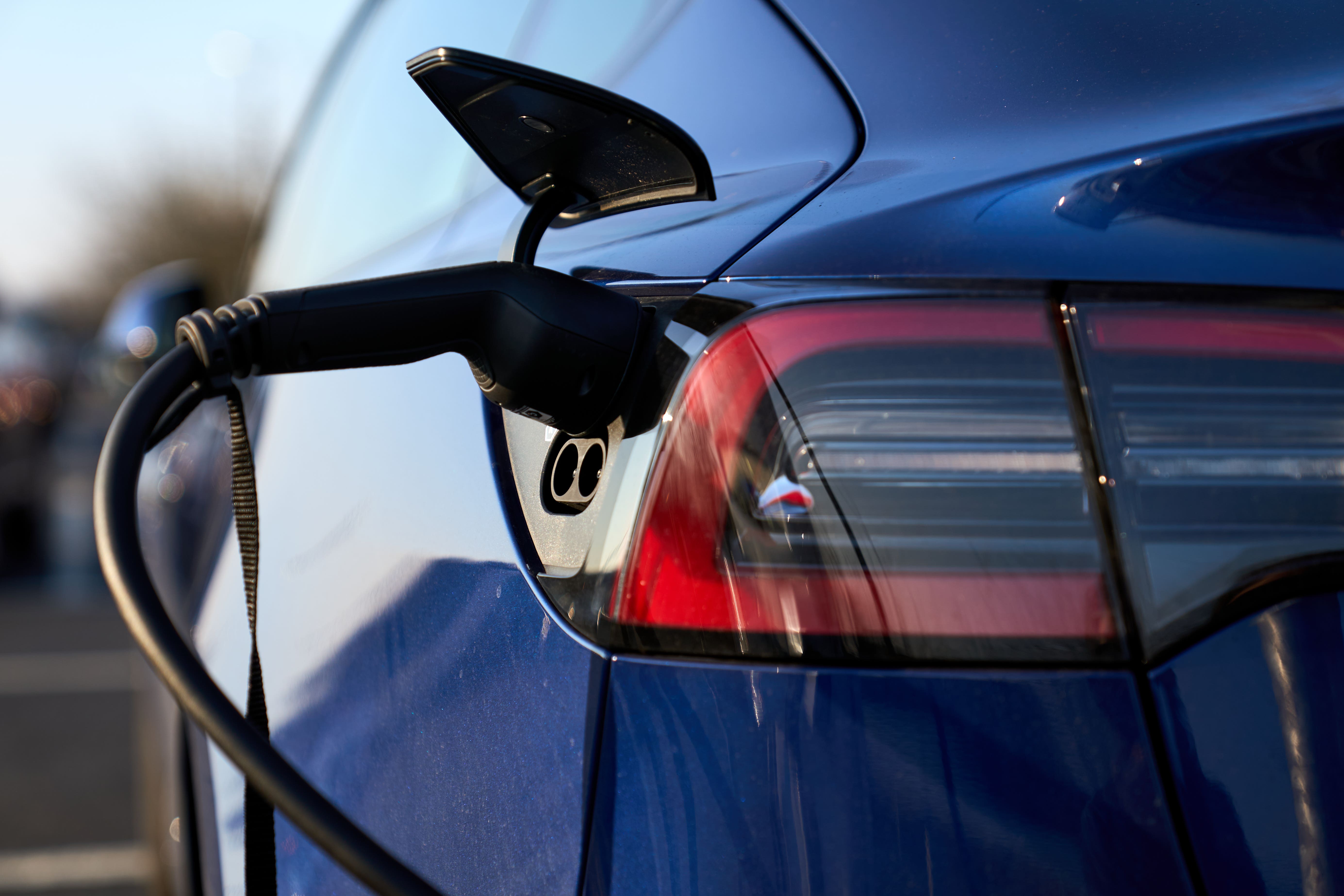Motoring groups call for clarity over electric car mandate
Rishi Sunak’s decision to delay the ban on the sale of new petrol and diesel cars has cast doubts on the zero emission vehicle (ZEV) mandate.

Ministers are under pressure from motoring groups to provide clarity over upcoming rules on greener cars.
Rishi Sunak’s decision to delay the ban on the sale of new petrol and diesel cars has cast doubts on the zero emission vehicle (ZEV) mandate.
The mandate, which is due to come into force at the start of next year, will see manufacturers hit with fines if certain proportions of the new cars and vans they sell are not zero emission, such as battery electric vehicles (BEVs).
All auto-company eyes will now turn to the Government’s decision on its zero emission vehicle mandate
Final details of the scheme have not been confirmed, despite the planned start date being just over three months away.
The Government has not responded to its public consultation on the new rules, which closed in May.
It included a proposed minimum ZEV target trajectory for new cars beginning at 22% in 2024, increasing to 80% in 2030 and reaching 100% in 2035.
The document suggested that manufacturers who do not meet these thresholds – and are unable to use allowances bought from other car makers – will be required to pay the Government £15,000 per polluting car sold above the limits.
On Wednesday, the Prime Minister announced that the ban on the sale of new petrol and diesel cars will be delayed from 2030 to 2035.
The Government has not announced whether this will affect the ZEV mandate.
Hybrids – which combine an electric motor with a petrol and diesel tank – will still be prohibited from 2035.
Steve Gooding, director of motoring research charity the RAC Foundation, said: “It isn’t clear how delaying the ban on sale of petrol and diesel cars of itself will help drive down the cost of buying or running zero emission alternatives.
“That means all auto-company eyes will now turn to the Government’s decision on its zero emission vehicle mandate, unless that’s at risk of being postponed as well.”
Sally Foote, UK managing director at car buying platform Carwow, said: “The announcement fails to provide much-needed clarity regarding the new zero emission vehicle mandate.
“All this positive progress as we transition towards electric vehicles risks being undermined by (Wednesday’s) announcement, which could send the message that going green isn’t that important.”
Robert Llewellyn, founder of the Fully Charged Show – a home energy and electric vehicle online news channel, said: “The UK car industry is unified behind the need to accelerate the battery electric vehicle market in the UK.
“Any dilution of the ZEV mandate will have the opposite effect on BEV adoption in the UK.”
Bookmark popover
Removed from bookmarks